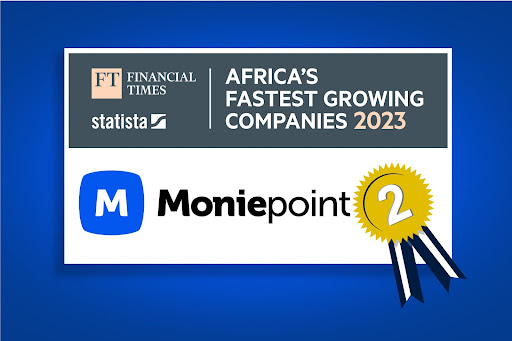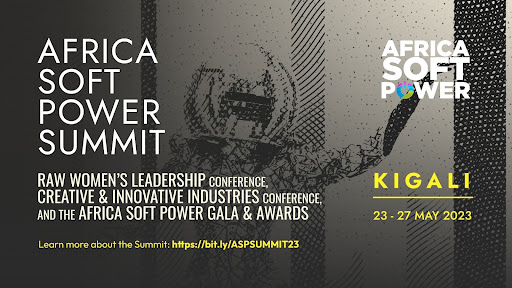Read this email in French.

IN PARTNERSHIP WITH

Good morning ☀️
LinkedIn is gearing up for its second round of layoffs.
In February, it laid off an undisclosed number of people from its recruiting division. This time, it’s laying off about 3.5% of its staff—700 employees due to “weak benign economic conditions”. It’s also shutting down InCareer, its China-focused job application.
You know times are truly tuff if the app linking people to jobs is letting people out. 🤷🏾♂️
NIGERIA PROBES ITS TELECOMS

Nigeria’s House of Representatives has launched an inquiry into the state of telecommunications service delivery in Nigeria.
Why? Per Nairametrics, the investigation kicked off in Abuja on Tuesday and is focused on getting to the bottom of why some parts of the country, especially rural areas, are still without telecommunications coverage.
Despite there being reportedly 126 million active mobile subscriptions in Nigeria, as of February this year, most of these connections are concentrated in major cities. Even the NCC has admitted that there are still gaps in connectivity across Nigeria that need to be addressed through the deployment of more telecom infrastructure.
But that’s not all! They’re also digging deep into the Universal Service Provision Fund to determine how much money has been collected and how it’s been spent so far.
Moniepoint is Africa’s second-fastest growing company, as shown in FTs latest report. We also processed 1 billion transactions worth $43 billion in Q1 alone. Read all about it here.
This is partner content.
KHAZNA’S $250 MILLION DATA CENTRE
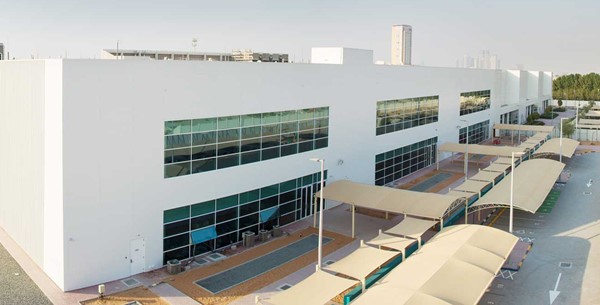
More data centres are coming to Africa.
This week, UAE-based wholesale data centre provider Khazna has announced plans to expand to Egypt with the establishment of a $250 million data centre.
Per Zawya, the expansion will see Khazna partner with Egyptian infrastructure firm Benya Group.
Fast and furious: Although Egypt has data centres—about 15 of them—including a Huawei one, Khazna’s project will reportedly be Egypt’s largest hyper-scale data centre, which just means it can do a lot of work very quickly.
According to partner Bezna, who spoke to Egyptian publication Enterprise, the project has an expected initial capacity of 25 megawatts of IT load, with plans to double its capacity at a later date. Benya did not provide more details. The companies plan to start construction later this year and complete the project in the next three years.
The project is set to be built at Egypt’s first specialised industrial zone, Maadi Technology Park.
Egypt plans for data centres: There’s more investment in cloud infrastructure coming to Egypt. Earlier this year, the Egyptian ministry of communications and information facilitated an agreement between Gulf Data Hub and Elsewedy Data Centres that could see to the construction of Africa’s largest data centre. The project will reportedly cost $2.1 billion and could take 4–7 years to complete.
AIRTEL NIGERIA RENEWS ITS 3G SPECTRUM LICENCE
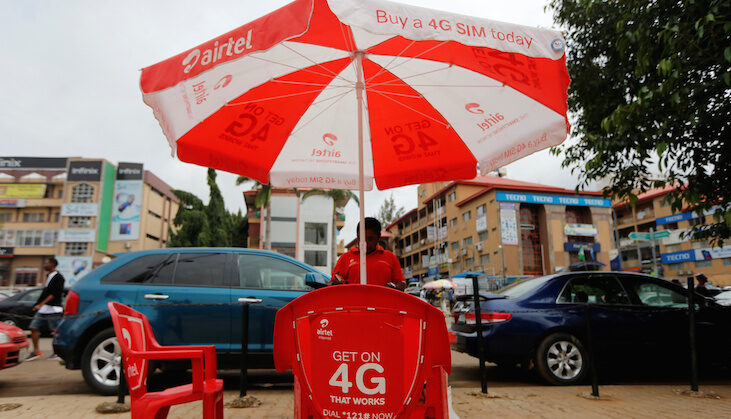
Still on the subject of telecoms, Airtel Networks Limited has hit the renew button on its 3G spectrum.
Per Nairametrics, the network provider paid ₦58.7 billion ($127.4 million) to the Nigerian Communications Commission (NCC) to renew its 3G spectrum licence. And the licence is going to be valid for 15 years, that is, until April 30, 2037.
Zoom out:Four months ago, Airtel Africa took a leap and announced that its Nigerian subsidiary, Airtel Networks Limited, bought 5G spectrum from the NCC. The cost? A cool $316.7 million payable in local currency. The 5G includes benefits such as higher speeds, lower latency, significant network capacity as well as an improved user experience. Furthermore, the deployment of 5G can accelerate the availability and efficiency of fixed wireless access products across the country.
With 5G, Airtel can offer faster speeds, lower latency, and a lot more network capacity. The company also said 5G will make fixed wireless access products even more widely available across Nigeria. Well, till then, Nigerians have their rusty trusty 3G.
The Africa Soft Power Summit—the premier convening for Africa’s creative and tech industries, as well as women’s leadership, hosted in Africa but focused on growth for the whole world—is returning to Kigali, Rwanda from May 23–27! Learn more.
This is partner content.
IMF CAUTIONS ZIMBABWE ON GOLD-BACKED TOKEN
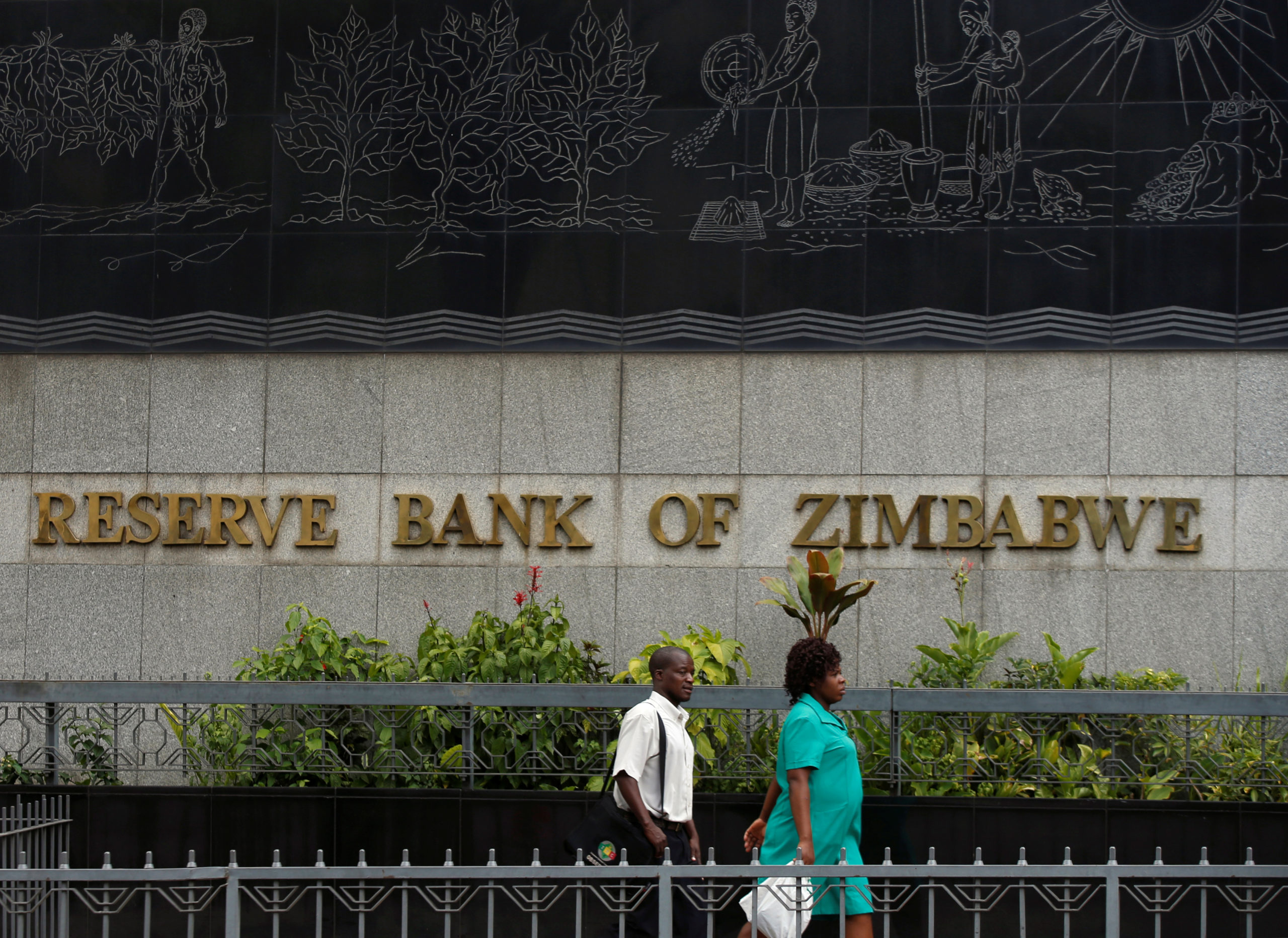
Zimbabwe believes a gold-backed digital token can help its devaluing currency, but experts think it a futile project.
The International Monetary Fund (IMF), yesterday, cautioned the country against using digital tokens to address its macroeconomic problems.
ICYMI: On Tuesday, Zimbabwe’s central bank, the Reserve Bank of Zimbabwe (RBZ), introduced a gold-backed digital currency to be used as legal tender in the country. For now, the digital currency can only be used for investment purposes, but the next phase of implementation will allow holders use the tokens for commercial transactions. With it, the country hopes to have more citizens buy into its gold industry and fight its currency devaluation and inflation, which jumped to 285% in 2022.
Another way exists: The IMF, however, believes that Zimbabwe’s solution may lie in conventional measures like the country tightening its monetary policy stance and removing restrictions on the exchange rate at which banks, authorised dealers and businesses transact.
“A careful assessment should be conducted to ensure the benefits from this measure outweigh the costs and potential risks including, for instance, macroeconomic and financial stability risks, legal and operational risks, governance risks, cost of forgone FX reserves,” an IMF spokesman said on Tuesday in an e-mailed response to questions.
Big picture: Already, Zimbabwe will be putting a lot of gold on the line for the project. In April, a member of its monetary policy committee revealed that the country will need $100 million of gold to kick-start its proposed bullion-backed digital currency. Zimbabwe is targeting a 14% increase in gold production, which will bring production to 40 tonnes this year. It earned $377 million from gold production in Q1 2023, down from the $463 million it earned in Q1 2022.
THE WORLD WIDE WEB3

|

|

|
|---|---|---|
|
Bitcoin 
|
$27,692 |
+ 0.28% |
|
Ether 
|
$1,845 |
+ 0.18% |
|
BNB 
|
$313 |
+ 0.26% |
|
Cardano 
|
$0.36 |
+ 0.11% |
|
|
Source: CoinMarketCap
|
|
* Data as of 05:50 AM WAT, May 10, 2023.
Adaverse has invested in an African blockchain gaming startup Bitsport. Per Nodo News, the startup accelerator invested an undisclosed sum in Bitsport’s pre-seed round to help the platform with providing Africans the chance to earn cryptocurrency while gaming.
A former product manager at Coinbase has been sentenced to two years in prison for insider trading. CoinDesk reports that the US authorities believe that Ishan Wahi and his brother made over $1 million from insider trading.
OPPORTUNITIES
- The SaaS Accelerator Program: Africa 2023 has opened applications for its accelerator programme to enable early startups in Africa to receive funding. Selected startups will receive up to $70,000 in funding. Apply by September 7.
- Young Impact Associate (YIA) fellowship which is funded and implemented in partnership with the Mastercard Foundation is open for applications. Apply by May 15.
- Innovation for Ecosystem Restoration, an accelerator for entrepreneurs championing ecosystem restoration throughout sub-Saharan Africa, is open for applications. Apply by May 14.
- Wise Guys SaaS Accelerator Program is looking to help SaaS startups level up through tailored guidance and support from world-class mentors and experts. Apply before September 7.
- The Africa Business Heroes (ABH) Prize Competition, a philanthropic initiative sponsored by the Jack Ma Foundation and Alibaba Philanthropy, is calling for participation from Africa’s entrepreneurial talent. Apply by May 12.










